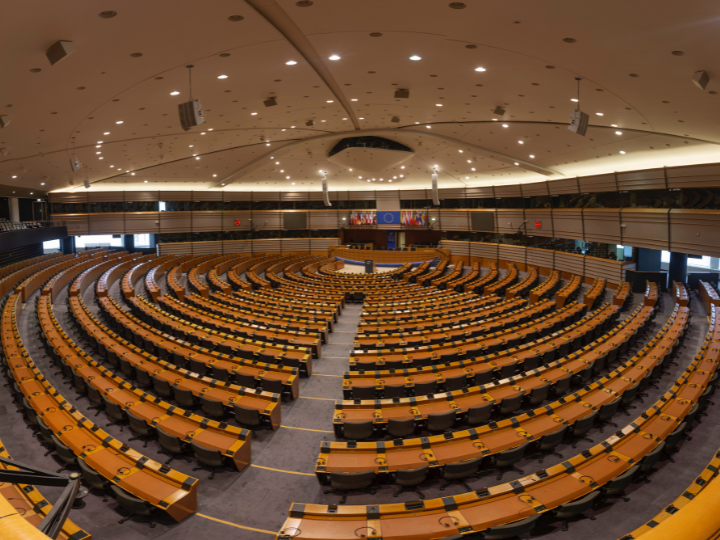The key message from the UN and EU is that the tourism sector has an important role to play in dealing with climate change: “Far sighted action by the $880 billion international tourism industry will send important signals to governments, industries and the public that mitigation and adaptation to the climate change challenge make economic and environmental sense. It is the kind of leadership that can encourage others to look not only to their exposure and to the risks posed by climate change, but also to the abundant opportunities and benefits of cost effective action". The tourism sector cannot address the challenge of climate change in isolation, but must do so within the context of the broader international sustainable development agenda. The critical challenge before the global tourism sector is to develop a coherent policy strategy that decouples the projected massive growth in tourism in the decades ahead from increased energy use and GHG emissions, so as to allow tourism growth to simultaneously contribute to poverty alleviation and play a major role in achieving the United Nations Millennium Development Goals (MDG).
Four major mitigation strategies for addressing greenhouse gas emissions from tourism can be distinguished:
i) reducing energy use,
ii) improving energy efficiency,
iii) increasing the use of renewable energy, and
iv) sequestering carbon through sinks
The tourism sector has proved to be very capable of adapting to extreme weather events and socioeconomic disturbances (9-11, The Asian Tsunami, SARS, etc…). However, the “Stern Report” argues that adaptation will cost national economies much more that mitigation actions taken now.
The UN Framework of Programmes on Sustainable Consumption and Production (SCP) supported by the EU-level SCP initiatives provide the policy framework to link the tourism sector with sustainable development, and is known as the “Marrakech Process”. The purpose of the “Marrakech Process” is to elaborate a draft 10-year Framework of Programmes (10YFP) on sustainable consumption and production (SCP) which will then be negotiated by countries at the 19th session of the UN Commission on Sustainable Development in 2011.
A Sustainable Tourism Task Force operates as part of this process, encouraging actions that promote sustainable tourism through the development of support tools, pilot projects and good practice exchanges between countries. Areas of priority are climate change, biodiversity, cultural and natural heritage, and local development. A key development has been the agreement of the “Global Sustainable Tourism Criteria” (www.sustainabletourismcriteria.org), which provide a common set of criteria to model and manage the sustainability of tourism businesses. It is a step closer to bringing the 60 plus global certification systems towards a single recognizable global benchmark. Such a tool permits a genuine greening of the tourism supply chain, especially when linked to sustainable purchasing policies.
* Gordon Sillence is the Vice President of Ecotrans Network on Tourism and Sustainable Development




 By: N. Peter Kramer
By: N. Peter Kramer

